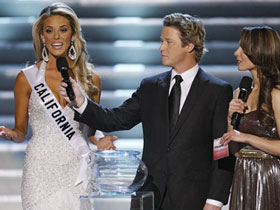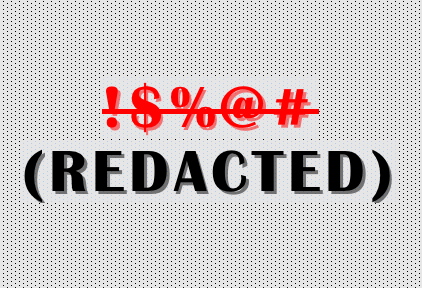The big question that caught my eye in the news recently regards Facebook’s ethical obligations.
13 countries have made Holocaust denial a crime. Personally, no matter how abhorrent I find the blatant dismissal of the Holocaust, I can’t stand behind the idea of outlawing a person’s right to believe in these thoughts.
While attorney Brian Cuban seems to be steering clear of First Amendment issues, he is up in arms about the fact that Facebook, as a private company which does have the right to restrict speech, hasn’t removed Holocaust Denial groups such as “Holocaust: A Series of Lies,” and “Holocaust is a Holohoax”.
So the question isn’t if Facebook has a legal obligation to remove these groups, but if they have an ethical obligation.
After thinking on it a bit, I have to say no. In fact, I would say that under the ideals many of us live by, they have an ethical obligation not to remove these groups, provided they do not cause or advocate harm.
I think many people would agree that these groups are protected under freedom of speech in the United States – their purpose is not violent or threatening. As point of fact, Facebook often removes groups that promote violence, such as pro-KKK groups.
I am 100% against hate-speech. However, is disbelief in the historical accuracy of the Holocaust hate-speech? In my opinion, it’s more lunacy than hateful.
This is an issue that goes far beyond Facebook. At what point are disagreeable thoughts criminal? Or, for the purposes of this blog, unethical?

